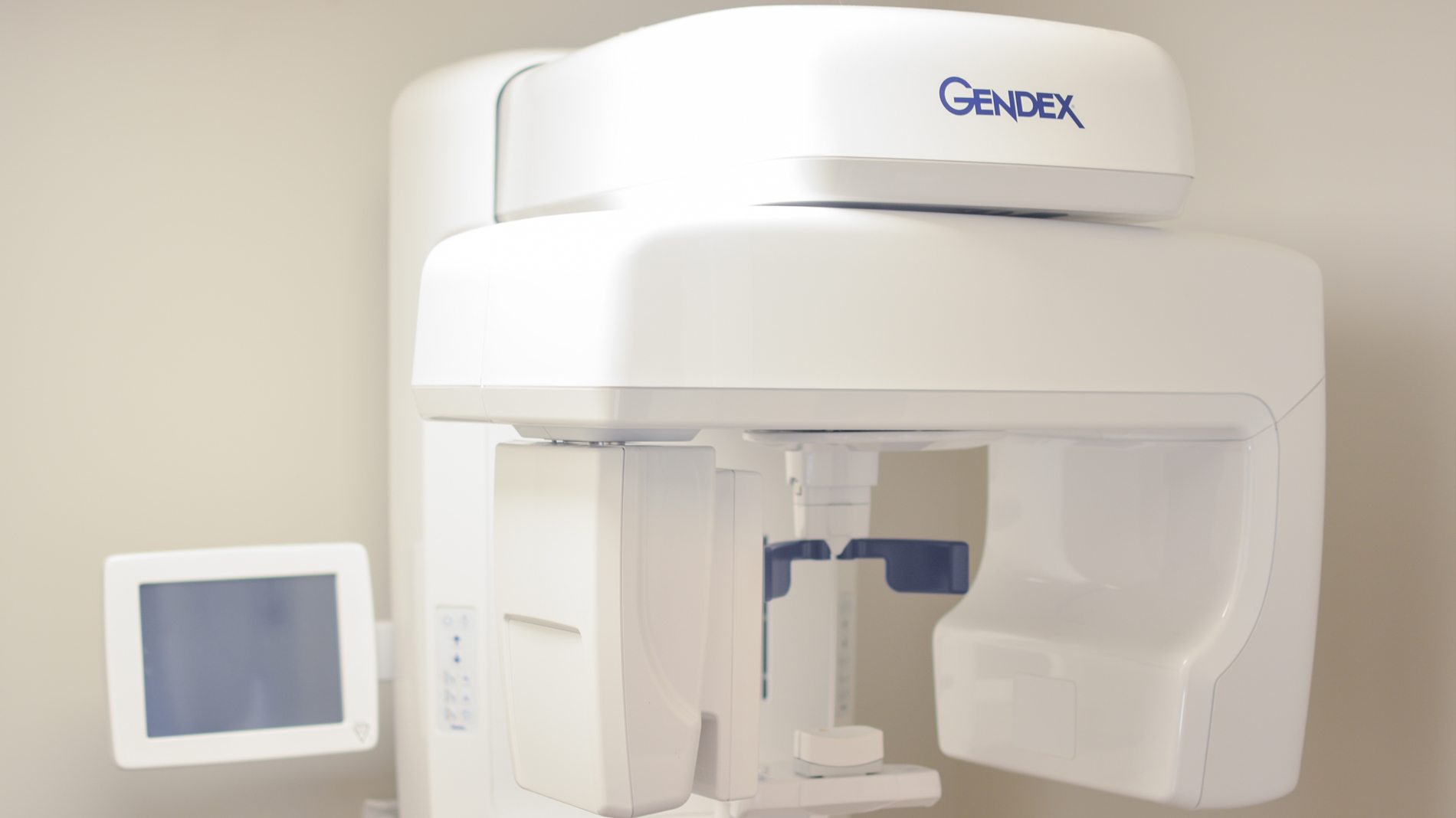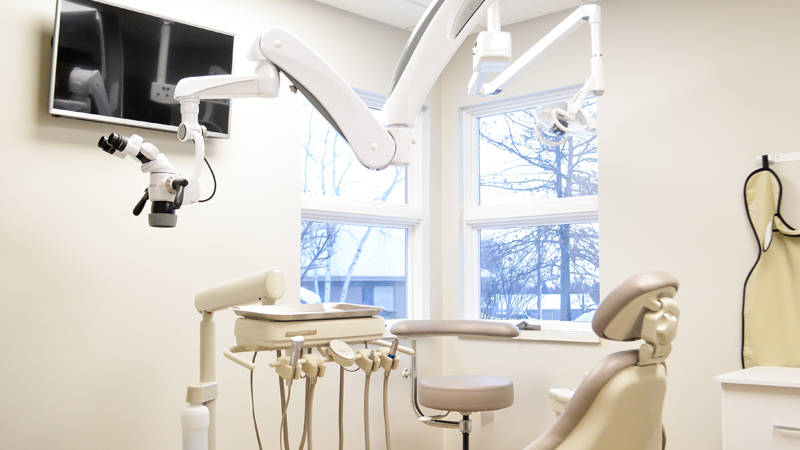About Dr. Patrick DeMarco, DMD
practicing endodontics in erie for over 20 years

Dr. Patrick DeMarco was born and raised in Erie, Pennsylvania. He graduated from Cathedral Prep and then studied at Penn State University where he graduated in 1988 with a B.S in Biology. He was then employed in private industry working in the field of microbiology. While continuing to work, he completed a Master’s degree program from Gannon University in Erie. Dr. DeMarco wanted to pursue a career dedicated toward patient care so he decided on the field of Dentistry. He graduated from the University of Pittsburgh School of Dental Medicine in 1994. He furthered his education and obtained a Certificate in General Dentistry from Montefiore Hospital in Pittsburgh, PA. Ultimately deciding to focus on the field of Endodontics, he completed his specialty training from the University of Pittsburgh School of Dental Medicine in 1997.
After completing his Endodontic residency program, Dr. DeMarco moved back to Erie with his wife Donna. They started his Endodontic practice, which is dedicated to patient comfort and quality care in the Erie area. He is a member of the American Association of Endodontists, American Dental Association, Pennsylvania Dental Association, and Erie County Dental Association. He also teaches part time at the LECOM Erie Dental Office.
When he is not in the office, Dr. DeMarco enjoys spending time with his wife and their three children as well as coaching and teaching tennis.

















